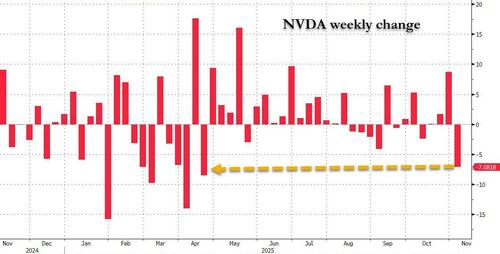By Feroza Petersen
SOUTH African banks are navigating a turbulent sea of public discontent and suspicion, akin to offering an “umbrella” on sunny days only to snatch it away when the first raindrops fall.
While these financial giants invest heavily in branding and marketing, making their logos and corporate colours ubiquitous, a fundamental question remains: are they truly liked by the South African public, akin to beloved favourite fast-food spots?
The resounding answer is “no.”
Banks are digging their own graves with allegations of participation in money laundering, price fixing, adjusting interest rates without obtaining their client’s permission in advance, collusive behaviour, and racial discrimination.
Interactions with banks, whether in person or online, often evoke the same sense of dread as dealings with a local municipality or government department.
Any smooth experience is a pleasant surprise rather than the norm. Fact!
While it’s tempting to always blame the banks for this situation, the regulatory environment they operate within is demanding. Given the inherent risks in their business, particularly when handling other people’s money, they are required to ask probing questions and demand voluminous paperwork.
We understand that they require all this information, but are we assured that our confidential information will be safe? Cybercrime is on the increase. Leaking of information inevitably leads to a lack of trust and popularity among the public.
South Africans are well aware of the immense size of their major banks, each holding millions of customer accounts. Thus, when banks assert, “You Matter”, it’s hard to believe when one feels like a minuscule cog in a colossal machine.
This leads to the critical question: what can banks do to address this issue, considering their tightly regulated environment and the necessity of safeguarding assets?
In this context, the *Edelman Trust Barometer 2023 reveals a noteworthy trend: South Africans are increasingly placing their trust in businesses, rather than the state, to address societal challenges.
Two prominent strategies have emerged: enhancing customer service and rebuilding trust. Internal research indicates that 50% of customers who switched banks did so for a better client experience, while another 50% did it based on trust-related reasons.
Interestingly, lower banking fees and superior products played a secondary role in the decision to change banks, underlining the urgency for banks to focus on customer-centricity.
Amid these challenges, cybersecurity concerns loom large, with high-profile incidents such as the hacking of the Reserve Bank in 2022 and the data breach at the South African branch of TransUnion in March 2021, putting customer information at risk.
What lies ahead for major banks if they cannot ensure improved customer service and enhanced public trust? The stakes are high, as they face fierce competition from agile, cost-effective digital-only banks that have swiftly gained credibility.
The legacy players must adapt or risk losing the trust and loyalty of a new generation of banking customers who value innovation over familiarity.
The PwC Major Banks Analysis published in March 2023 concurs, highlighting intense competition in South African retail and business banking, driven by niche lenders with agile tech solutions and innovative products.
The message is clear: the big banks must adapt rapidly in a changing market, where tech advances are reshaping the industry and younger consumers favour newer and more agile banking brands, irrespective of the old brand’s recognition.
The banks will need to dig deep to find the solution to increased customer experience and develop trust, amongst its customers before it is too late.
* Feroza Petersen is a freelance writer
















